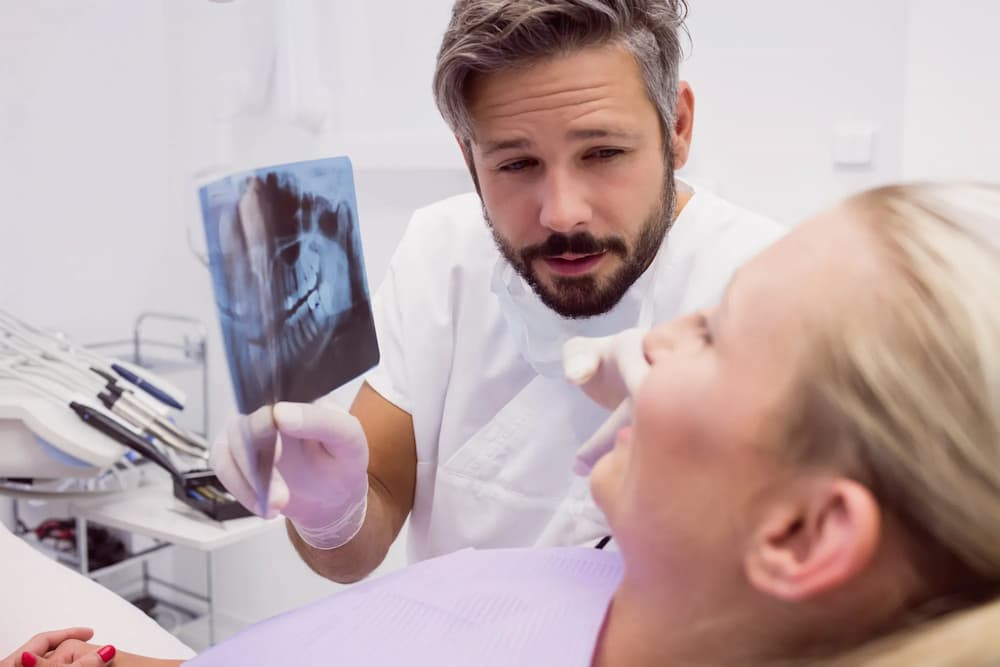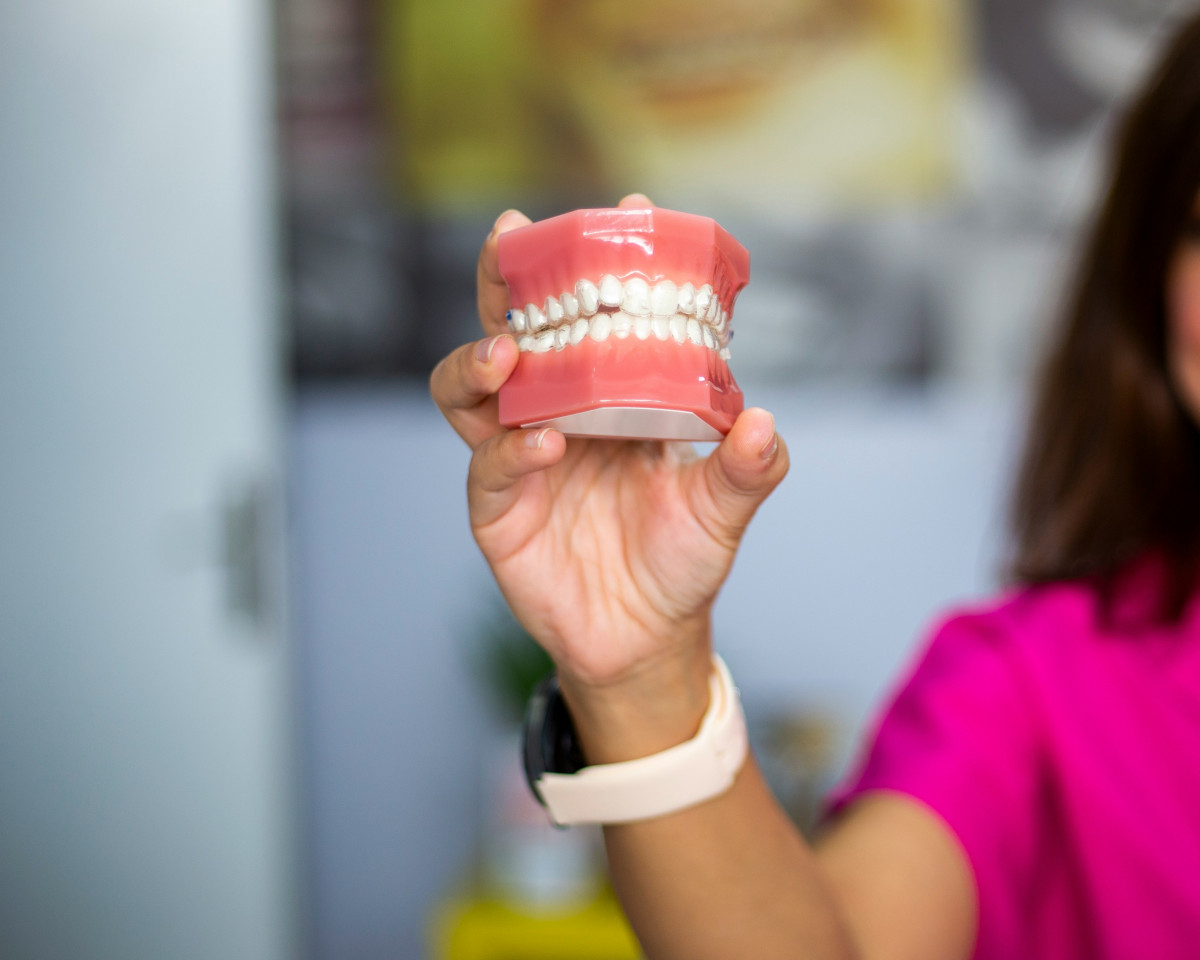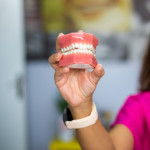Finding reliable dental care near you is crucial for maintaining your oral health. This article will guide you through the process of locating quality dental services in your area, utilizing online resources, and exploring alternative options. We'll also cover how to prepare for your first visit, recognize signs of excellent dental care, and handle dental emergencies. By the end, you'll have the knowledge to confidently choose a dentist who meets your needs and ensures your dental well-being.

Table of Contents
- Dental Near Me: Options for All Your Dental Needs
- Understanding the Importance of Finding Reliable Dental Care
- Key Factors to Consider When Choosing a Local Dental Provider
- Assessing Qualifications and Experience of Dental Professionals
- Recognizing Good Customer Service in Dental Practices
- Evaluating Office Environment and Hygiene Standards
- Utilizing Online Resources to Locate Dental Care
- Preparing for Your First Visit to a New Dentist
- Essential Questions to Ask During the Initial Consultation
- Understanding What Documents and Information to Bring
- Knowing What to Expect During Your First Appointment
- Signs of Quality Dental Care
- Identifying Professionalism and Patient Engagement
- Recognizing the Role of Technology in Modern Dentistry
- Understanding Treatment Plans and Follow-Up Care
- Managing Dental Emergencies
- Finding Emergency Dental Services in Your Area
- Knowing When to Seek Immediate Care
- Understanding Payment Options for Emergency Visits
- Frequently Asked Questions
- Conclusion
Dental Near Me: Understanding the Importance of Finding Reliable Dental Care
Key Factors to Consider When Choosing a Local Dental Provider
When selecting a local dental provider, patients should evaluate several key factors to ensure optimal oral health care. The dental clinic's website can offer valuable insights into their services, expertise, and commitment to patient well-being. It's essential to choose a practice that prioritizes comprehensive dental programs and maintains high standards of cleanliness and professionalism.
Assessing Qualifications and Experience of Dental Professionals
Evaluating dental professionals' qualifications and experience is crucial for ensuring quality care. Patients should verify dentists' credentials, including their education, certifications, and ongoing training in treating gum disease and other oral health issues. Checking reviews and testimonials can offer insights into a dentist's expertise and patient satisfaction, helping individuals make informed decisions about their dental care.
Recognizing Good Customer Service in Dental Practices
Good customer service in dental practices is essential for patient satisfaction and overall health care experience. Dental offices that prioritize patient comfort, offer flexible payment options, and accommodate families demonstrate a commitment to quality service. Patients should look for practices that value communication, respect appointment times, and follow up after treatments to ensure optimal oral health outcomes.
Evaluating Office Environment and Hygiene Standards
Patients should observe the general cleanliness of the waiting area, treatment rooms, and equipment. Dental practices that prioritize hygiene often display their sterilization procedures and follow strict protocols to ensure patient safety. The presence of modern technology and updated equipment can also signal a dental office's dedication to providing quality care and staying current with advancements in the field.
Dental Near Me: Utilizing Online Resources to Locate Dental Care
Online resources offer valuable tools for locating reliable dental care. Patients can leverage dentist directories, review sites, and social media platforms to find recommendations. Local community resources and dental associations provide trusted listings, helping individuals make informed decisions about their oral health.
Dental Near Me: Preparing for Your First Visit to a New Dentist
Essential Questions to Ask During the Initial Consultation
Patients should prepare essential questions for their initial dental consultation to ensure a productive first visit. These questions may address the dentist's experience, available treatments, emergency care procedures, and payment options. By asking about oral health concerns, preventive care recommendations, and the clinic's approach to patient comfort, individuals can gauge the dentist's expertise and determine if the practice aligns with their needs. This proactive approach helps establish clear communication and sets the foundation for a positive long-term dental care relationship.
Understanding What Documents and Information to Bring
Patients should bring essential documents and information to their first dental visit. These include a valid form of identification, insurance card, and complete medical history, including current medications and allergies. Gathering previous dental records, x-rays, and a list of recent dental procedures helps the new dentist understand the patient's oral health background.
Knowing What to Expect During Your First Appointment
The first appointment with a new dentist typically involves a comprehensive oral examination, including x-rays and a review of medical history. Patients can expect a thorough cleaning, discussion of any dental concerns, and creation of a personalized treatment plan. The dentist will assess overall oral health, check for signs of tooth decay or gum disease, and provide recommendations for maintaining optimal dental hygiene.
Dental Near Me: Signs of Quality Dental Care
Identifying Professionalism and Patient Engagement
Professionalism and patient engagement are key indicators of quality dental care. Dental practices that prioritize these aspects demonstrate a commitment to patient well-being through clear communication, respect for patient time, and thorough explanations of procedures. Staff members who actively listen to patient concerns, provide personalized care, and maintain a welcoming environment contribute to a positive dental experience. Patients can assess these qualities by observing how the dental team interacts with them and other patients during visits.
Recognizing the Role of Technology in Modern Dentistry
Modern dental practices employ advanced technology to enhance patient care and treatment outcomes. Digital x-rays, intraoral cameras, and 3D imaging systems enable precise diagnostics and treatment planning. Computer-aided design and manufacturing (CAD/CAM) technology allows for same-day crowns and restorations, improving efficiency and patient convenience. Laser dentistry offers minimally invasive procedures with reduced pain and faster healing times, demonstrating a commitment to patient comfort and cutting-edge care.
Understanding Treatment Plans and Follow-Up Care
Quality dental care includes comprehensive treatment plans and consistent follow-up care. Dentists should provide detailed explanations of recommended procedures, expected outcomes, and alternative options. They establish clear timelines for treatments and schedule regular check-ups to monitor progress and address any emerging issues. Effective follow-up care involves proactive communication, personalized oral health advice, and timely adjustments to treatment plans when necessary, ensuring optimal long-term dental health for patients.
Dental Near Me: Managing Dental Emergencies
Finding Emergency Dental Services in Your Area
Finding emergency dental services in your area requires quick action and research. Patients can start by contacting their regular dentist's office for after-hours information or referrals. Online directories and local dental associations often provide lists of emergency dental clinics. Some hospitals and urgent care centers also offer emergency dental services. Patients should save emergency dental contact information in advance to ensure prompt care when needed.
Knowing When to Seek Immediate Care
Patients should seek immediate dental care for severe toothaches, facial swelling, persistent bleeding, or trauma to the mouth or teeth. Knocked-out teeth require urgent attention within 30 minutes for the best chance of saving them. Loose or cracked teeth, abscesses, and severe gum infections also warrant emergency dental visits. Recognizing these situations helps individuals act promptly, potentially preventing further complications and ensuring timely treatment.
Understanding Payment Options for Emergency Visits
Emergency dental visits often require immediate payment, but many practices offer flexible options. Patients can inquire about payment plans, credit card options, or third-party financing for unexpected treatments. Some dental offices participate in membership programs or discount plans that can reduce costs for emergency care. Patients should discuss payment expectations upfront and explore potential insurance coverage to manage expenses effectively during dental emergencies.



